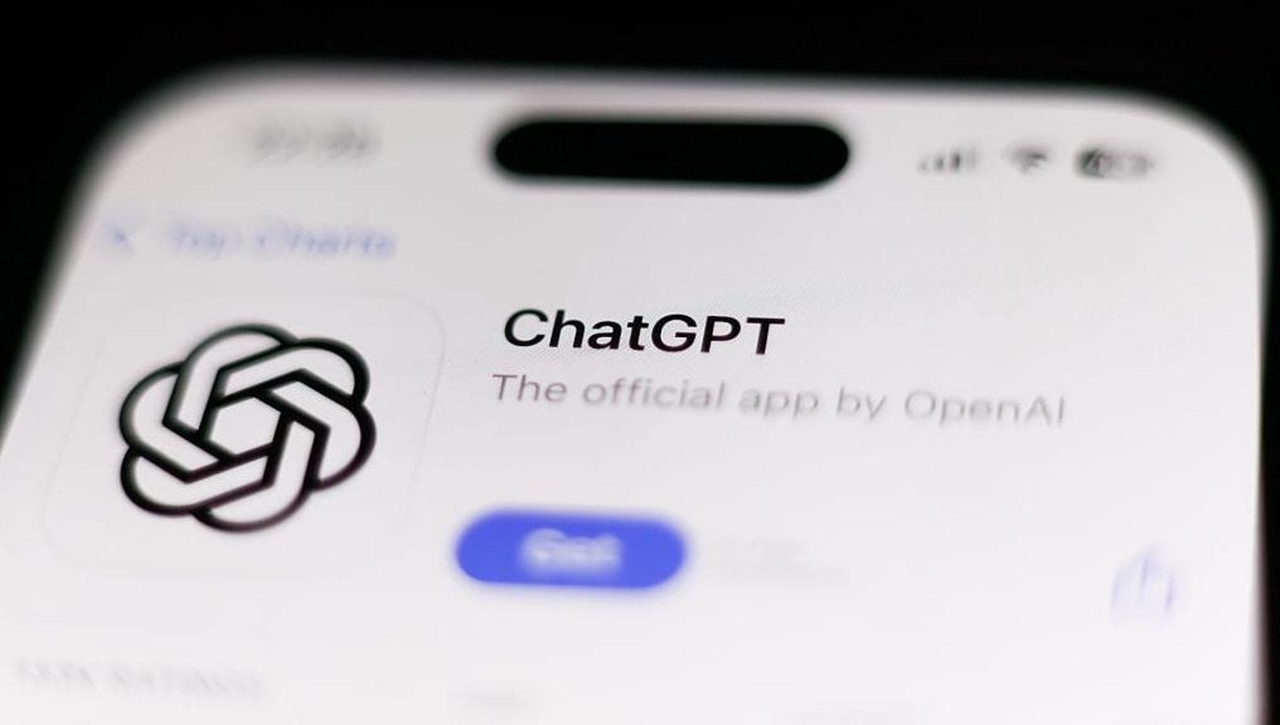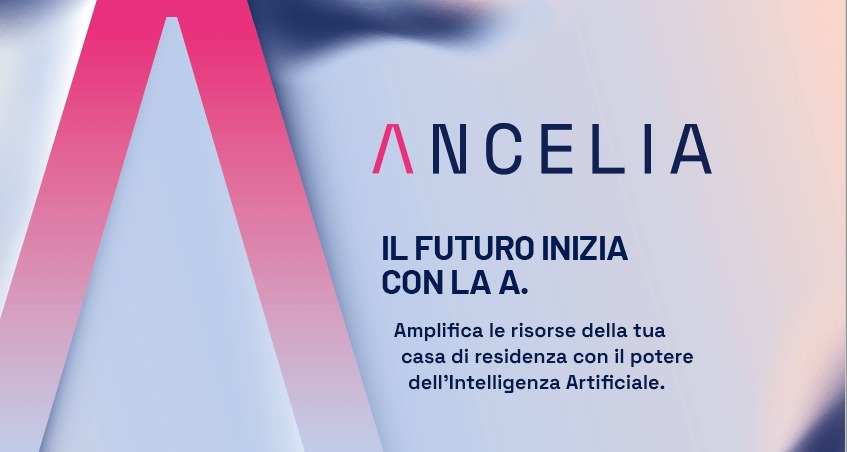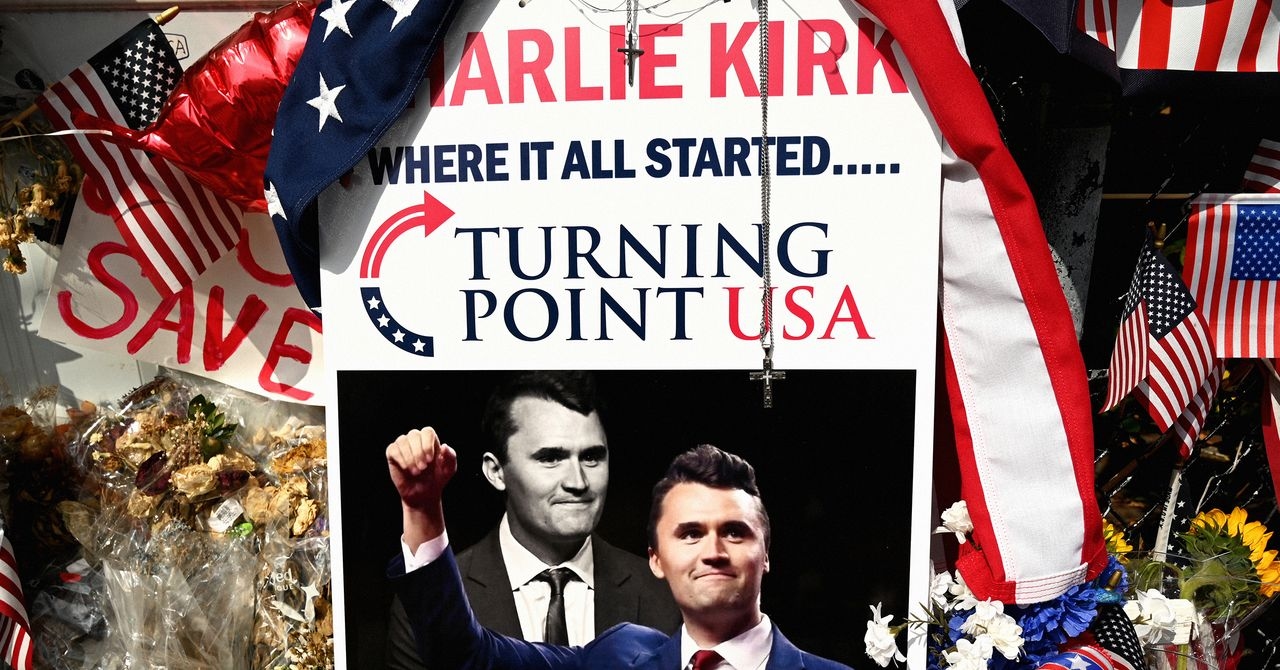Has ChatGpt stopped providing medical and legal advice? Here's what's true.

A Reddit post that quickly went viral suggested that OpenAI had tightened ChatGPT's usage rules, barring it from providing medical or legal "advice" and even from analyzing clinical or legal images. This ban was effective October 29th.
But the reality is different : there was no sudden ban, nor any intervention to modify the “behavior” of the model.
ChatGpt, what really changesOpenAI, the company that opened ChatGpt to the public three years ago, has simply updated – effectively on October 29, 2025 – its terms of service , in particular the guidelines that govern what artificial intelligence can and cannot do .
The goal is to standardize the rules for all its products and clarify an existing principle: ChatGpt is not a substitute for a doctor or lawyer and cannot provide professional advice. This is a clarification—not a change of direction—that makes explicit what has long been taken for granted, and which actually applies to all chatbots based on generative AI: language models can offer general information, but not diagnoses, prescriptions, or legal opinions on specific cases .
The false news was also denied by Karan Singhal, OpenAI's head of health content: "The model's behavior remains unchanged," he wrote on X. "ChatGpt has never replaced professional advice, but it will continue to be an excellent resource for helping people understand legal and health information."
Not true. Despite speculation, this is not a new change to our terms. Model behavior remains unchanged. ChatGPT has never been a substitute for professional advice, but it will continue to be a great resource to help people understand legal and health information. https://t.co/fCCCwXGrJv
— Karan Singhal (@thekaransinghal) November 3, 2025
The distinction between “information” and “advice,” in the case of an artificial intelligence trained on billions of texts, is essential.
ChatGpt can explain how a law works, illustrate the symptoms of a disease, summarize a medical protocol or a civil code article. In some cases, to users' amazement, it can even interpret doctors' complex handwriting when prescribing and administering a medication.
What AI can't do, however, is apply the information it has studied during the training phase to a specific case, because this would require a clinical or legal assessment based on experience , responsibility, and context. It's the same boundary that exists between an encyclopedia and a professional firm, only translated into the language of artificial intelligence.
Relying on an AI system for decisions affecting health or the law remains a conceptual error even before it is a practical one . A linguistic model lacks the ability to interpret the body, history, or legal nuances of a single case. It cannot address the uncertainty or moral burden that accompanies a clinical or legal decision. Its strength lies elsewhere: in the development and dissemination of knowledge, in the ability to make information accessible .
But AI remains a precious resourcePrecisely for this reason, paradoxically, the role of tools like ChatGpt is important in countries where medical or legal assistance is scarce or nonexistent . Large tech companies—from OpenAI to Google, including Microsoft—are investing in projects that use artificial intelligence as a first point of contact for those without access to a doctor or lawyer. In many parts of Africa and Asia, similar chatbots are already being used to recognize the symptoms of infectious diseases, explain basic health rules, or assist in completing legal documents.
It's a compromise solution, certainly very helpful, but it can't be applied indiscriminately on a large scale. Artificial intelligence cannot replace human expertise. The risk is clear: faith in algorithmic "cures" could lead, in the future, to further cuts to the healthcare system and a reduction in investment in real facilities and personnel. Yet the advantage is equally concrete: a system that speaks natural language can restore access to vital information to millions of people.
repubblica





